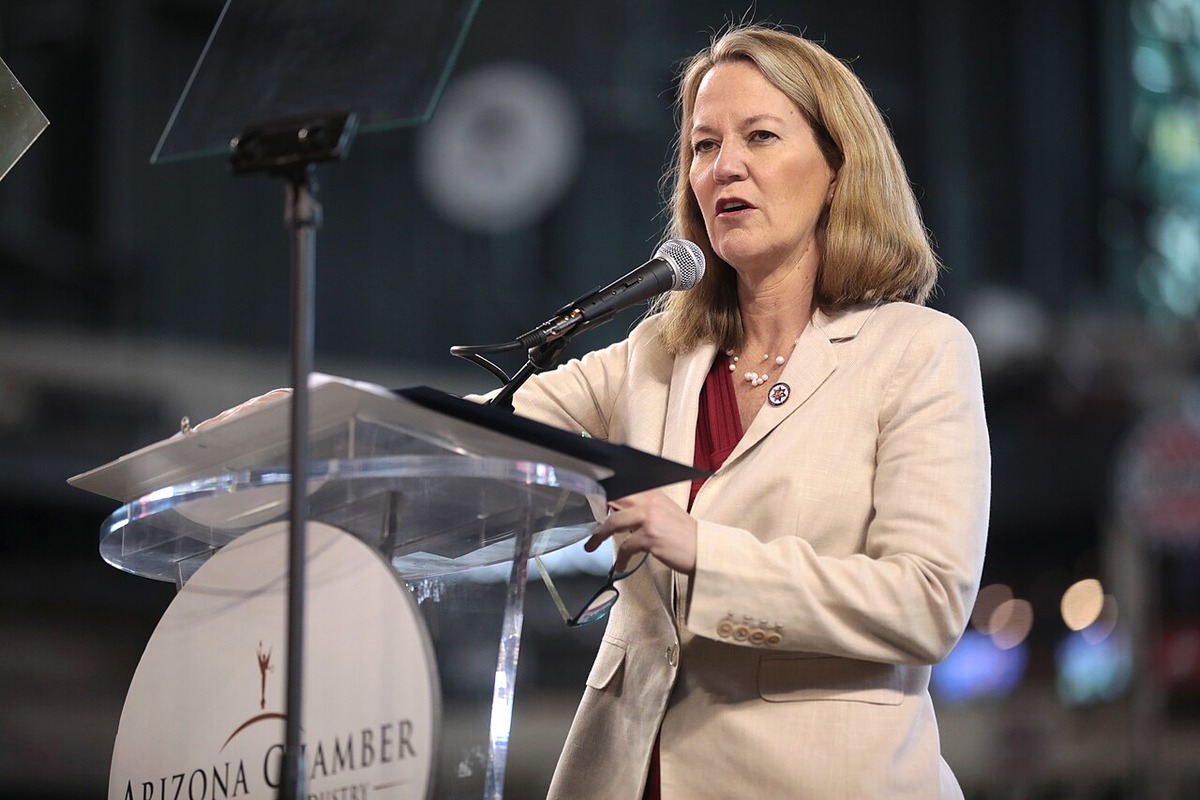In a significant move to address the banking barriers faced by the cannabis industry, Arizona Attorney General Mayes joined a bipartisan group of attorneys general in advocating for the SAFER Banking Act of 2025. This legislation aims to bridge the gap between state-regulated cannabis businesses and the financial institutions reluctant to serve them due to federal restrictions. According to a press release issued by the Arizona Attorney General’s office, Mayes highlighted the urgency of the matter, stating, “When legal cannabis businesses are forced to operate in cash, it’s not just inefficient – it’s dangerous.”
The push for the SAFER Banking Act comes on the heels of a robust growth in the U.S. legal cannabis industry. In their collective letter to Congress, the attorneys general pointed out that by 2024, the industry had raked in retail sales surpassing $30 billion, marking a 4.5% increase year-over-year. However, the current federal banking roadblocks compel many of these businesses to frustratingly rely on cash transactions, potentiating a host of public safety risks. By supporting this act, the coalition endeavors to not only curb this danger but also to significantly streamline tax collection and regulatory oversight of the industry.
This bipartisan coalition underscores the absurdity that state-regulated cannabis businesses continue to be marginalized by the financial sector due to federal policy lagging behind state-level legalizations. It is a strange paradox wherein 39 states and several territories have sanctioned medical cannabis use, whereas the federal status of cannabis keeps these legal businesses at arm’s length from the banking services they urgently need. The coalition’s letter goes further to detail that 21 states already benefit from cannabis tax revenues, which could be far more effectively managed with a banking system that is not turning a blind eye.
The SAFER Banking Act promises to create a safe harbor for banks, which should massively improve how transactions are monitored and compliance with tax laws is enforced. The letter, shared with congressional leaders, reinforces the coalition’s belief that the act represents a practical, common-sense approach, one that respects state sovereignty and works within the framework of the current federal status of cannabis. As the industry continues to burgeon, the legislation aims to truly set up to better protect workers, communities, and the economic stability of the states involved.
The call for reform is widely supported, with endorsements coming from attorneys general across numerous states, from Maryland to California. This chorus of legal voices amplifies the need for Congress to take concrete steps to rectify the jarring dissonance between state laws and federal policy. The full text of the letter, delineating their positions and the potential benefits of their proposed banking reform, can be accessed on the Arizona Attorney General’s website.







